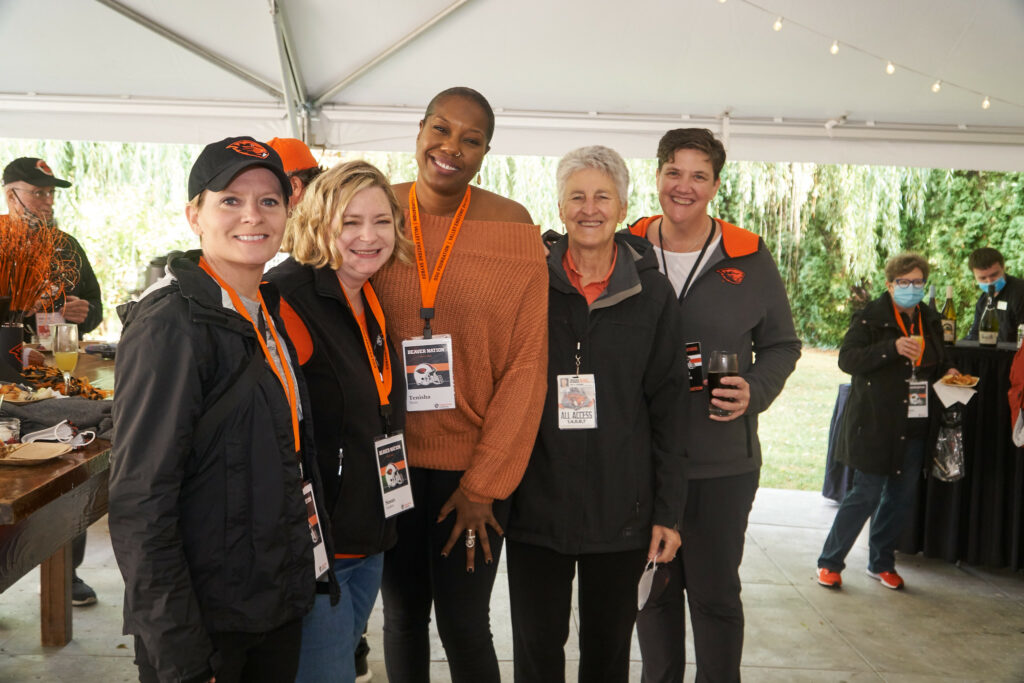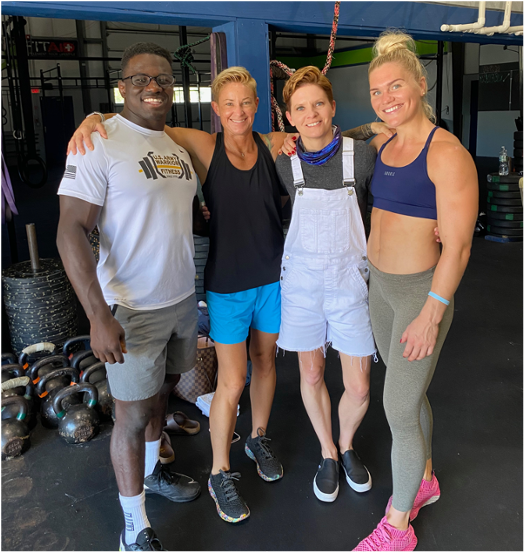
January 31, 2022
CORVALLIS, OR— Oregon State University’s College of Education invites community members to attend the Pecha Kucha event held on Thursday, February 10, 2022, from 6:00 p.m. to 7:30 p.m. in the Memorial Union Horizon Room. College of Education faculty and students will present their research and innovations in the classroom, in the traditional Pecha Kucha format.
A Pecha Kucha is a fun and dynamic way to present an idea or a topic. Japanese for “chit chat,” Pecha Kucha started in Japan in 2003 and has now spread across the globe. It consists of 20 slides with each slide shown for 20 seconds only. Set on an automatic timer, each presentation lasts exactly 6 minutes and 40 seconds.
The event will feature Cory Buxton, presenting Language, Culture and Knowledge-Building Through Science; Kathryn McIntosh, presenting Critical Race Feminism, Social Justice, and Mindfulness; Tenisha Tevis, presenting How I Affect Space; Ryan Reece, presenting I Wonder, What is Nature?; Melinda Knapp, presenting Opportunities and Challenges in Learning to Teach Mathematics; Shawn Rowe, presenting There and Back Again: Lessons from O Olhar do Visitante; Unique Page, presenting Is Our Language Color Coded? The Origin Story of my Dissertation; Cass Dykeman, presenting Moving Toward the End: Examining Suicide Through the Lens of Natural Language Processing; and Amanda Kibler, presenting Who is in the Room Matters: Reflections on Multilingual Language Development Inside and Outside the Classroom.
The event will be in-person and available virtually over Zoom. Registration is required for both in-person and virtual attendees. Individuals attending the event in person will be required to show proof of vaccination and adhere to Oregon State University’s COVID guidelines. Food and drink will be provided for attendees as well.
For more information and to register for the event, visit https://beav.es/w3v. For questions related to the event, please contact John Scholl at dean_coed@oregonstate.edu.





